Navigating GIA And IGI Certified Lab Diamonds
![Heart shaped ladiamond gripped in a twizzer, [TEXT]- Lab-Diamond Certification, [GIA], [IGI], [Goldenbird Jewels]](https://cdn.shopify.com/s/files/1/0332/9930/0397/files/Lab_Diamond_Certifications_copy_1024x1024.webp?v=1734778240)
When it comes to purchasing diamonds, either natural or Lab-Grown, certification is one of the most important factors any customer can consider. It perhaps may mean the thin line between making an excellent and regretful purchase. Lab-created diamonds are increasingly popular, with those independently certified by organizations such as the Gemological Institute of America and the International Gemological Institute.
With all the lab-grown diamonds interests at an all-time high, especially ones certified by renowned institutions such as the GIA and IGI, the concept of diamond certification is important. But what exactly does it mean to buy a certified lab diamond? Why does it matter? And how would you know what you were buying was, in fact, real?
In this in-depth guide, we'll be unraveling everything you need to know about lab diamond certification, from the standards set by top grading organizations to how to choose a certified lab diamond that suits your needs.
Table of Contents
▼What is a lab diamond certification?
Lab-created diamonds have become extremely popular among those shoppers who aim for a high-quality alternative that is ethical, yet rather affordable. Just like natural ones, lab-created diamonds fall under a process of grading, which means the analysis of their quality. The certification delivered afterward brings specific details about its attributes: Certification is an important part of the process of buying a lab diamond because it means the diamond has been assessed by an accredited gemological institute and passed certain standards.
Lab Diamonds: Why Certification Matters
Certification of the diamonds grown in the laboratory is essential for several reasons, especially since this market is growing. Certified diamonds assure transparency that the 4 Cs-carat, cut, color, and clarity are correctly appraised by a recognized institution such as GIA and IGI. Such verification gives buyers confidence in the quality they are expecting for the price. Various studies have proved that certified diamonds retain their resale better and are more easily insured since their quality is noted officially.
Certification will also ensure that the consumers are getting an ethically sourced and manufactured diamond, without any of the environmental and human rights concerns. As ethical jewelry becomes more in demand, having a certification by reputable bodies aids buyers in making informed choices. Among the sea of options available in the market, certified lab-grown diamonds shine for their reliability, consistency, and quality commitment; hence, certification is an indispensable part of a purchase.
What is the importance of GIA and IGI certification?

First and most importantly, certification is instrumental in proving the authenticity of a lab-grown diamond or its quality and value, including both GIA and IGI across different parts of the world guarantee that your diamond, which you are buying from a specific dealer, went under full professional grading through standardized techniques to determine the authenticity of different degrees. Some reasons why these matter include the following:
1. Ensures Quality
GIA and IGI grade diamonds with consistency and professionalism, according to well-established criteria. Certification will help to ensure that the diamond is of high standards and exactly as described. Without a certificate, there is no way to verify the authenticity of the diamond or its true quality.
2. Confirms Ethical Sourcing
Lab-grown diamonds are created in controlled environments, leaving no ethical mining concerns. You're making an environmentally friendly, conflict-free choice by choosing a certified lab diamond.
3. Offers Resale and Insurance Value
The reason is, that certified diamonds are more liquid and can be reinsured with greater ease since their value has been documented officially. Certification reports also provide a reliable way to confirm the diamond's authenticity should you ever need to sell or insure it.
4. Builds Trust with Consumers
Certification, in essence, to consumers symbolizes transparency. It guarantees trust in the fact that the diamond has been graded independently by a reputable diamond grading organization. Furthermore, it aids in creating an idea in the buyers' minds regarding the size, color, clarity, and other attributes concerning what exactly they are paying for.
How to Understand Lab Diamond Certification
If you are buying laboratory-grown diamonds, you should be concerned that they come with a real certification report since diamond certification describes the piece's quality characteristics. It provides facets such as carat, cut, color, and clarity, which are the characteristic factors that define a diamond in overall value and aesthetic values.
A lab diamond should be accompanied by a report that includes:
The Diamond's Composition: Whether it’s a natural diamond or a lab-grown diamond.
Grading of the 4Cs: All the mentioned factors are considered skillfully by the professional gemologist.
Detailed Characteristics: Any type of characteristics and inclusions that can create a difference in the cost of the diamond.
Laser Inscription: Some diamonds have special inscriptions matching the certificate for added authenticity.
How to Choose Certified Lab Diamonds

It means everything to choose a lab-grown diamond that has gained accreditation. Lab-created diamonds feature a report that lists Carat, Cut, Color, and Clarity. For this reason, anyone could quickly assess the quality of such a diamond before determining what actions to take. Detailed instruction on how to opt for the best-certified lab diamonds is presented below:
1. Know Your 4 Cs
The 4 Cs are the main factors to consider when choosing a diamond. The 4 Cs stand for Carat, Cut, Color, and Clarity. Let me break it down for you:
Carat: The size or weight of the diamond. Larger ones are usually more costly, but one should not worry about this; the perfect size best suits one's needs and budget.
Cut: The cut of the diamond is what will determine the light that is reflected off the diamond. A better cut will have a far greater brilliance. A diamond can be of the highest possible quality, but if it has poor cutting, it may have the luster of an inferior-quality stone.
Color: The color grade of diamonds ranges from D (colorless) to Z (yellowish). Lab-created diamonds use the same color grading scale as natural ones; thus, you can choose the color that will best suit your taste. A D-to-F color grade is colorless, while the G-to-I range gives a near-colorless diamond, which is a great value.
Clarity: This word is used to describe any presence of internal or exterior imperfections, which are variously named inclusions and blemishes. The fewer a diamond has inclusions the more valuable it usually is, but most of the inclusions are of a microscopic nature and cannot be perceived even by the naked human eye.
2. Understand the Certification
Also, while purchasing, make sure that the laboratory diamond comes with a certificate from a reputable gemological institute, like GIA or IGI. Look for a report with information on the 4 Cs of the diamond and other additional notes on its quality or treatments it has undergone. A certificate provides reassurance that the diamond has been graded by professionals.
3. Your Budget
Lab-grown diamonds are generally less expensive than naturally grown ones, as they involve growing in a laboratory in controlled conditions. However, prices can vary depending on size, quality, and certification. Choose the right balance for your features against the budget while choosing a certified lab diamond.
4. Laser Inscription Check
Most lab-created diamonds contain a laser inscription on the girdle of the diamond. It connects with their certification report and can be one more level of security. This is one way of verifying authenticity.
5. Choose a Reputable Retailer
You have to buy your certified lab diamond from a reliable retailer. Ensure the return policy is transparent, customer service is good, and the information about the diamonds is given in detail. Today, lots of online retailers have come up that specialize in lab-grown diamonds, and you can compare options to get the best deal.
6 Differences Between GIA and IGI Certifications

|
Feature |
GIA |
IGI |
|
Reputation |
Highly recognized for natural diamonds |
Recognized for lab-grown diamonds |
|
Grading Process |
More stringent and detailed |
Reliable, but faster and more affordable |
|
Certificate Details |
Extremely detailed, with in-depth grading |
Standard grading with less detail |
|
Focus |
Focuses on all types of diamonds |
Specializes in lab-grown diamonds |
|
Price |
More expensive |
More affordable |
|
Global Recognition |
Widely acknowledged worldwide |
Recognized, but not as prestigious |
Top 7 Benefits of Certified Lab Diamonds
-
Trustworthiness: Certification ensures credibility and assures the buyer that the grading of the diamond has been done by professionals.
-
Transparency: You will come to know about the 4 Cs, which enable you to understand the true quality of the diamond.
-
Value Retention: Certified diamonds are easier to resell or insure, as their value is well-documented.
-
Peace of mind: The certification ensures that a diamond is what the seller says it is.
-
Origin: For an ethical consumer, it's a certification that proves that the diamond is grown in a lab and not sourced from conflict zones.
-
Better Resale Value: The value of a certified diamond will likely hold in the market.
-
Higher Quality Control: Certified diamonds are rigorously examined for consistency and quality.
8 Myths About Lab Diamonds
-
Myth: Lab-created diamonds are not real diamonds.
Fact: Lab diamonds are real diamonds and are made up of the same material and structure as natural diamonds.
-
Myth: Lab diamonds are not as valuable as natural diamonds.
Fact: Lab diamonds can be just as valuable, and certification ensures their quality.
-
Myth: GIA only certifies natural diamonds.
Fact: GIA also certifies lab-grown diamonds to the same rigorous standards.
-
Myth: Lab diamonds are not as durable.
Fact: Lab diamonds are just as durable as natural diamonds since they are made of the same material: carbon atoms arranged in a crystal structure.
-
Myth: There is no way to tell the difference between a natural diamond and a lab diamond.
Fact: The naked eye cannot tell them apart, without proper certification or with the use of advanced technology.
-
Myth: Lab diamonds are a trend.
Fact: Lab diamonds represent sustainability and ethics, not a trend.
-
Myth: Certificates by IGI are unreliable as as those of GIA.
Fact: IGI, although somewhat less acknowledged compared to the GIA, has been considered particularly good regarding lab-grown diamonds and with decent certification, accordingly.
-
Myth: Lab diamonds are cheaper because they're inferior.
Fact: Lab diamonds are more affordable simply because they are created in a controlled environment, not because of lower quality.
The Future of Lab Diamonds Certification
Lab-grown diamonds are becoming increasingly mainstream as technology advances, and there is an ever-increasing demand for options that can be transparent, ethical, and affordable. The future looks bright for lab diamond certification with continuous improvements in grading processes and certification standards to instill consumer trust and confidence.
Conclusion and Key Takeaways About Lab Diamond Certification
Lab diamond certification ensures transparency, quality, and trust for buyers of lab-grown diamonds. The GIA (Gemological Institute of America) and IGI (International Gemological Institute) are the most notable organizations providing certification, though there are slight differences in their grading methods. Understanding a lab diamond certification report is crucial, as it provides detailed information about the diamond's carat, cut, color, and clarity.
Certified lab diamonds also offer buyers the added assurance of ethical sourcing and precise grading standards. As the market for lab-grown diamonds continues to expand, certification remains essential for maintaining consumer confidence.
This guide has equipped you with the key knowledge needed to confidently purchase a lab-grown diamond, whether for an engagement ring or a meaningful gift. By understanding the importance of certification, you can make an informed decision, knowing you are investing in a diamond that meets high standards of both quality and ethics.
Frequently Asked Questions About Lab Diamond Certification
1. Who is the certifying agency for the diamond?
The diamond can be certified by a reputable agency, such as the Gemological Institute of America (GIA) or the International Gemological Institute (IGI).
2. Will the diamond have a one-of-a-kind certification number?
Yes, the certified diamonds possess an identification number for the sake of verification.
3. What scale does the diamond certification grade on?
Of the ones generally recognized, the 4Cs are the most usable version: carat, cut, color, and clarity. It is already being implemented by GIA and many other certification agencies like IGI.
4. Can the report about certifications be seen online?
Yes, most of the certification bodies allow access online to verify the diamond's certification report using its unique number.
5. How many carats does the diamond weigh?
The carat weight shown in the certification report is the specific weight of the diamond.
6. Does this diamond have a grade concerning cut, color, and clarity?
Yes, a certification report grades the cut, color, and clarity of the diamond with detailed evaluations.
7. Does diamond certification clarify that the diamond has undergone any treatments?
Yes, diamond certification clarifies if the diamond has undergone any treatments, such as clarity enhancement, laser drilling, or color treatments, ensuring full transparency for buyers.
8. How can I verify the certificate's authenticity?
To verify the authenticity of any such certification, please visit the website of the certifying organization and enter the unique certification number.
9. Does the certificate come with a guarantee?
Generally, certifications will also ensure the authenticity of a diamond and the accuracy of its grade but never provide financial coverage.




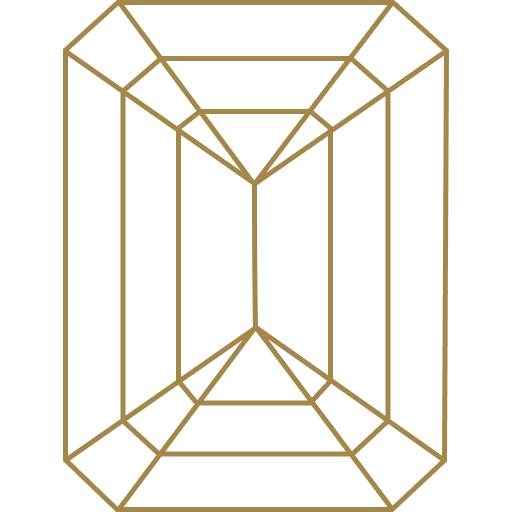
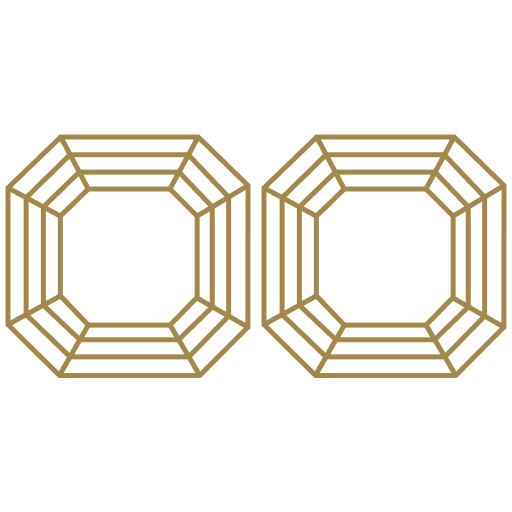













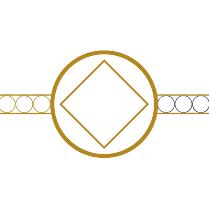
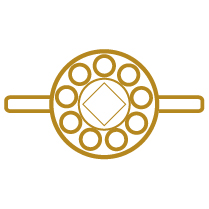
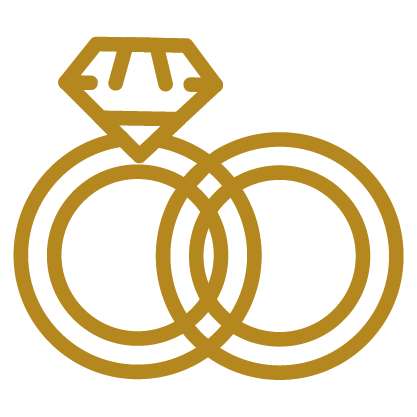
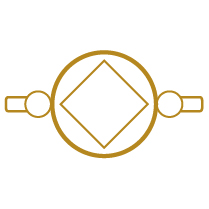


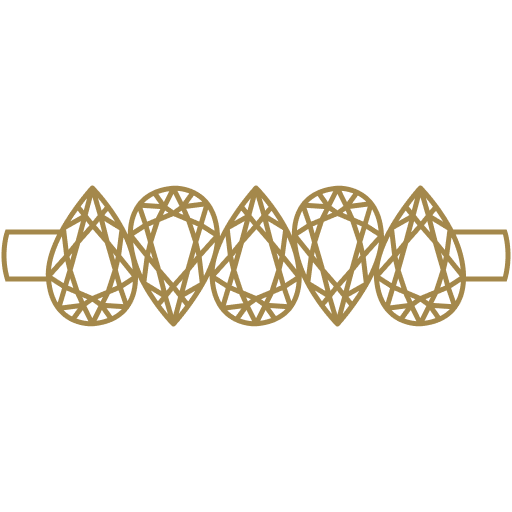
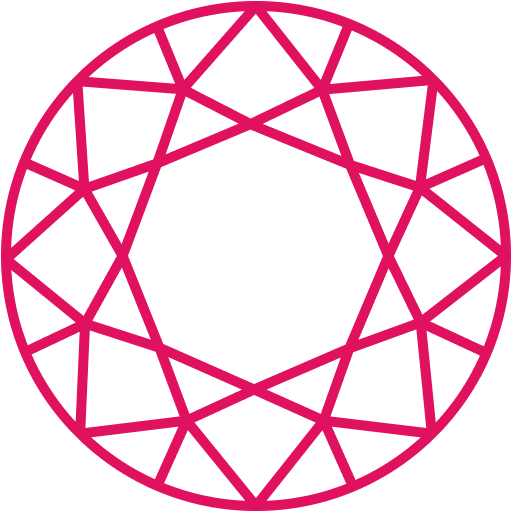

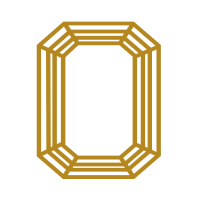


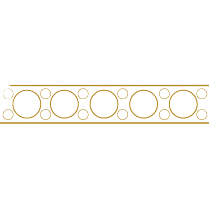
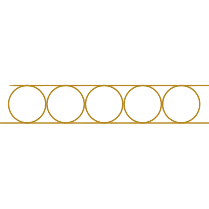
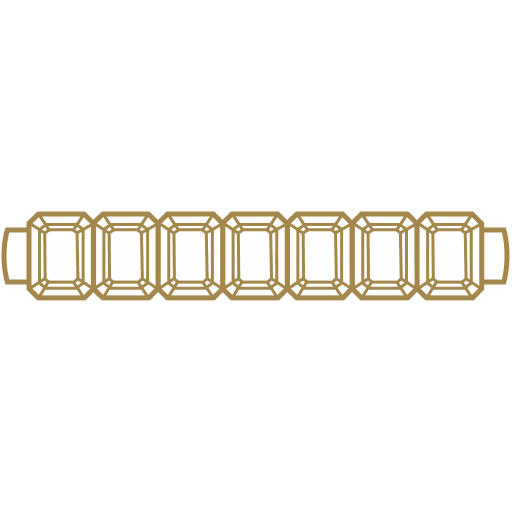
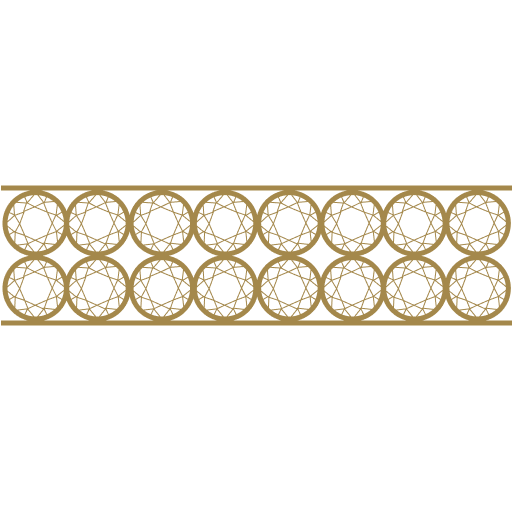
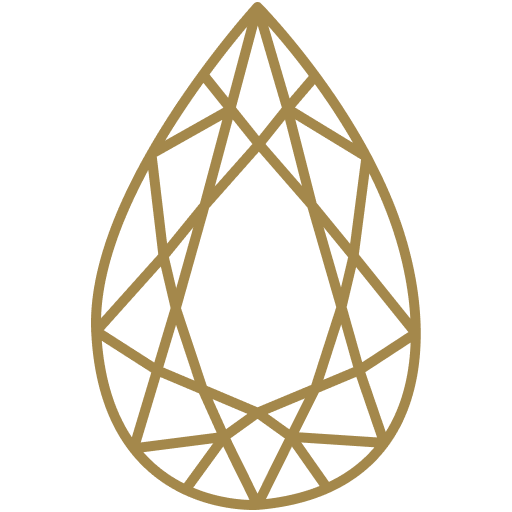

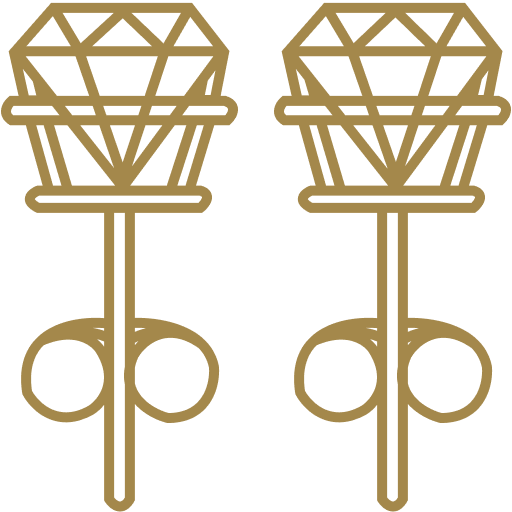
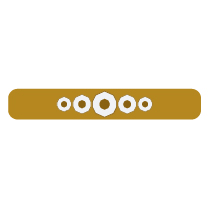
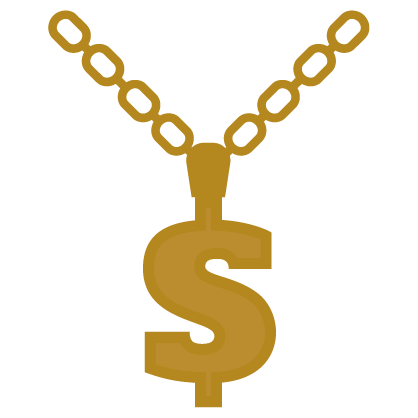

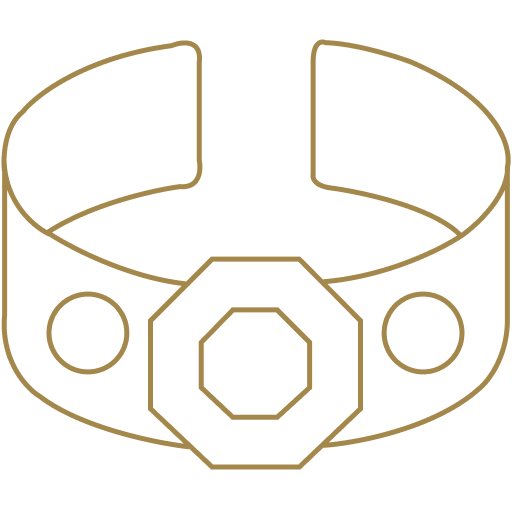
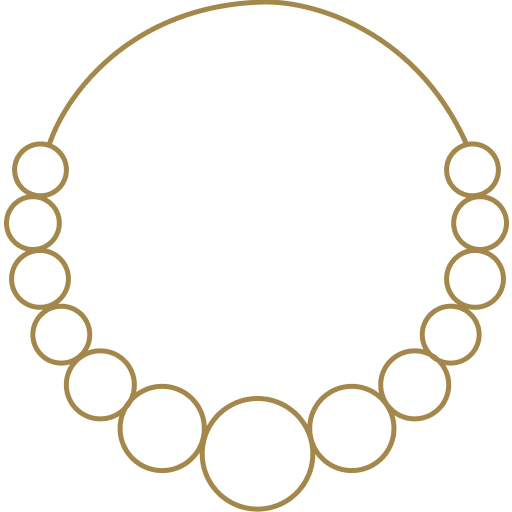
![Heart shaped ladiamond gripped in a twizzer, [TEXT]- Lab-Diamond Certification, [GIA], [IGI], [Goldenbird Jewels]](http://de.goldenbirdjewels.com/cdn/shop/articles/Lab_Diamond_Certifications_copy.webp?v=1734778441&width=5000)












